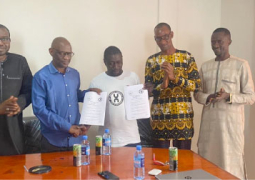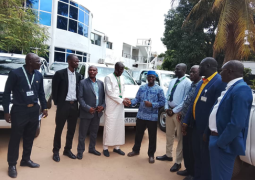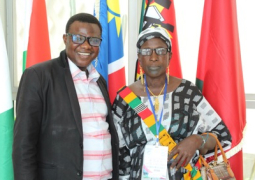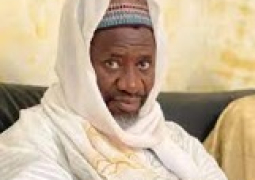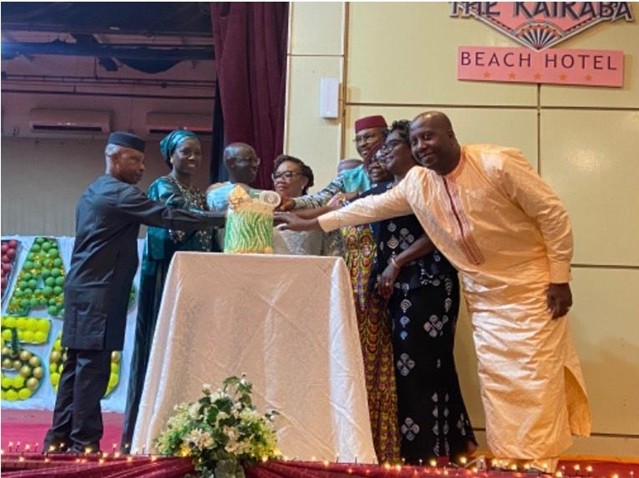
At the event, speakers paid glowing tribute to five decades of regional unity, peace, and economic progress, with speakers acknowledging that the event is not just an institution but a shared dream that continues to bind 15 nations as one family.
Miatta Lily French, ECOWAS Country Representative in The Gambia, said the golden jubilee is more than a symbolic milestone, but rather a reminder of how far the region has come and what still lies ahead.
“Today, we gather not only to commemorate a milestone but to reaffirm a vision,” French said passionately.
“ECOWAS is more than an economic bloc, it is a family of nations bound by history, culture, and aspiration.”
She recounted the organisation’s remarkable achievements from peacekeeping missions in Liberia, Sierra Leone, and The Gambia, to efforts in energy integration, trade liberalisation, and digital transformation. Over the decades, ECOWAS has evolved from a trade-based organisation into a powerful force for peace, democracy, and human development.
French painted a vivid picture of ECOWAS’s people-centered approach: “Across West Africa, from the Sahel to the Atlantic, our region is home to hundreds of ethnic communities. The Fulani, Yoruba, Akan, Wolof, Mandinka, and many others. These are not just cultural identifiers, but living bridges that connect our nations.”
She emphasised that West Africa’s cultural and ethnic diversity should be seen as a strength rather than a challenge. “Our diversity is not a problem to be managed,” she said, “but a resource to be mobilized for unity, for progress, and for the shared prosperity of West Africa.”
Representing The Gambia government, Abdoulie Jammeh, Deputy Permanent Secretary at the Ministry of Trade, Industry, Regional Integration and Employment, echoed similar sentiments linking the story of ECOWAS to the nation’s own journey of transformation.
“Over the past five decades, ECOWAS has made tremendous strides in advancing its mandate,” Jammeh said.
He equally praised the economic bloc’s steadfast role in promoting democracy, recalling ECOWAS’s decisive intervention during The Gambia’s 2016 political impasse that led to a peaceful transition of power.
On the economic front, Jammeh highlighted how ECOWAS frameworks such as the Trade Liberalisation Scheme (ETLS), Common External Tariff (CET), and Interconnected Transit Guarantee System (SIGMAT) have helped The Gambia achieve more than 4% GDP growth in 2024. “Regional trade and integration have boosted industrial development and agricultural productivity,” he said.
Education and human capital development also took center stage. Jammeh revealed that more than 15 Gambian students have completed technical and vocational programs under the ECOWAS Nnamdi Azikiwe Academic Mobility Scheme. The government, he added, is now finalising a National Human Capital Development Strategy with ECOWAS support; proof that investment in people remains central to the regional agenda.
He also spoke of the ongoing cooperation in health and gender development through the West African Health Organization (WAHO) and the ECOWAS Gender Development Centre, citing efforts to eradicate obstetric fistula and rehabilitate drug abuse victims through new centers like the one recently completed in Tranquil, West Coast Region.
On the free movement of people and goods, Trade DPS said The Gambia is fully implementing the ECOWAS Biometric Passport and working to modernise cross-border markets like the Wellingara Weekly Lumo to strengthen regional trade.
The celebration, brought together government officials, diplomats, and development partners. The mood was both festive and a reflective half a century after ECOWAS was born in 1975 with a vision to integrate the economies and people of West Africa.


